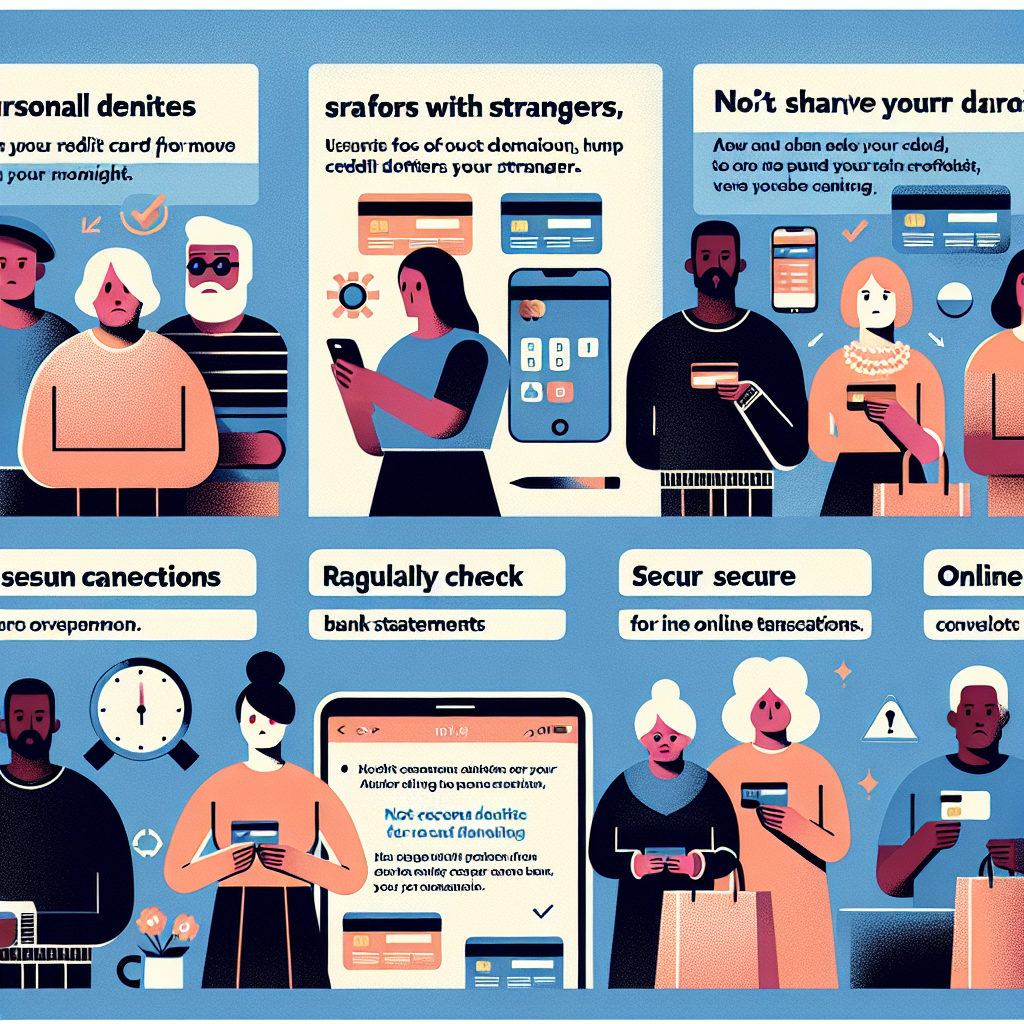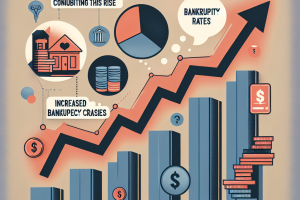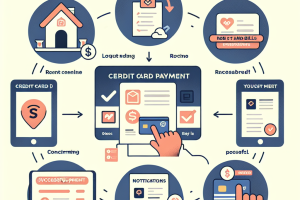
Credit card fraud is a growing concern for everyone, but seniors are particularly vulnerable. As the elderly population grows, so does the need to protect them from financial harm. This article aims to shed light on the reasons why seniors are targeted and provide easy-to-follow tips to help safeguard their credit cards. Whether you’re a senior yourself or have elderly loved ones, this guide is for you.
Understanding the Risks: Why Seniors Are Targeted
Seniors are often targeted by fraudsters for several reasons. One primary factor is that they tend to have more substantial savings and often possess excellent credit ratings. This makes them attractive targets for criminals looking to exploit their financial stability. Additionally, many seniors are less familiar with digital security measures, making them easier prey for tech-savvy scammers.
Another reason is that seniors are generally more trusting and less likely to suspect foul play. They grew up in a time when shaking hands sealed a deal, and a person’s word was golden. This trusting nature can, unfortunately, make them more susceptible to social engineering tactics, where scammers manipulate them into sharing sensitive information. These techniques can include phone calls, emails, or even in-person interactions posing as legitimate requests.
Lastly, the inevitable cognitive decline that comes with aging can contribute to seniors being more vulnerable. As we age, our ability to detect scams or recognize suspicious activity diminishes. Memory issues can also play a role, making it harder for seniors to remember whether they’ve made a transaction or signed up for a service, thereby increasing the risk of falling victim to fraud.
Simple Steps to Safeguard Your Credit Card
To reduce the risk of credit card fraud, seniors should first and foremost keep their personal information private. This means not sharing credit card numbers, Social Security numbers, or other sensitive information over the phone or online unless absolutely sure of the recipient’s identity. When in doubt, it’s always safer to hang up and call the official number of the institution.
Monitoring credit card statements and bank accounts regularly is another crucial step. By checking these statements frequently, seniors can quickly spot any unauthorized transactions and report them immediately. Many banks and credit card companies offer real-time alerts via text or email, which can provide an extra layer of security by notifying the account holder of suspicious activities as soon as they occur.
Lastly, using technology to their advantage can significantly improve seniors’ financial security. Setting up strong, unique passwords for online accounts, enabling two-factor authentication, and keeping software up-to-date can protect against online fraud. Encouraging seniors to use credit cards with built-in fraud protection features, such as zero liability policies, can also offer additional peace of mind.
Protecting seniors from credit card fraud is a vital task that requires awareness and proactive measures. By understanding why they are targeted and implementing simple yet effective safeguards, we can help ensure their financial security. Share this information with the seniors in your life and empower them to protect themselves against potential threats. Remember, an informed senior is a safer senior.



